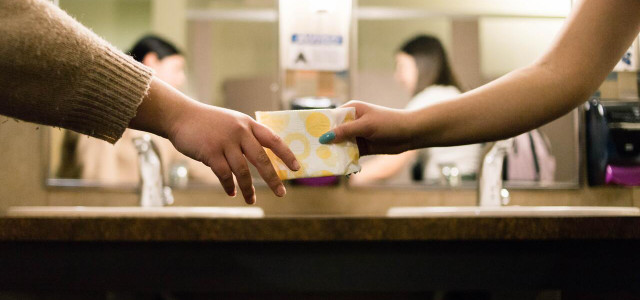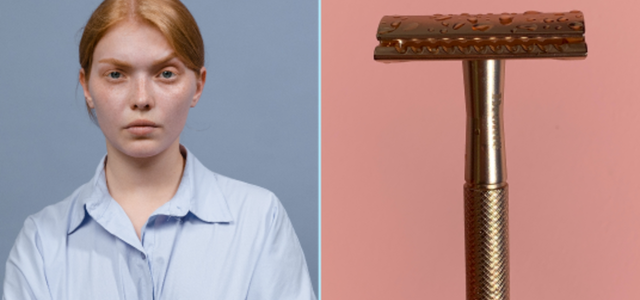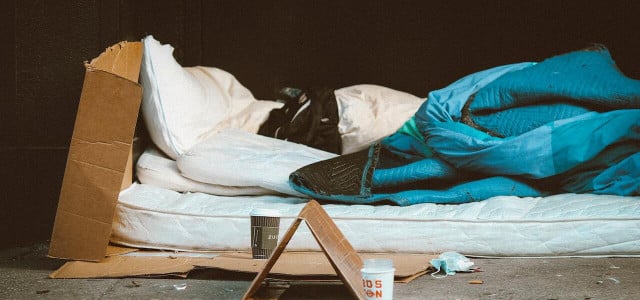Period poverty is a global social injustice affecting all menstruating people. We'll tell you what period poverty is and what you can do to fight it.
People affected by period poverty lack access to menstrual products, hygiene facilities and education. More than 300 million people menstruate every day, and many cannot manage their periods safely and hygienically.
Period poverty is widespread in low- and middle-income countries. For example, according to UNICEF, seven percent of women in Kenya regularly use items like chicken feathers, mud and newspapers to replace menstrual products. However, the issue does not only affect low- and middle-income countries — it is also a reality in the U.S.
Roughly 16.9 million Americans who menstruate live in period poverty, including 10 percent of college students, who struggle monthly to afford menstrual products. Period poverty can lead to social isolation and loneliness, as well as mental health conditions like depression.
Where Does Period Poverty Come From?
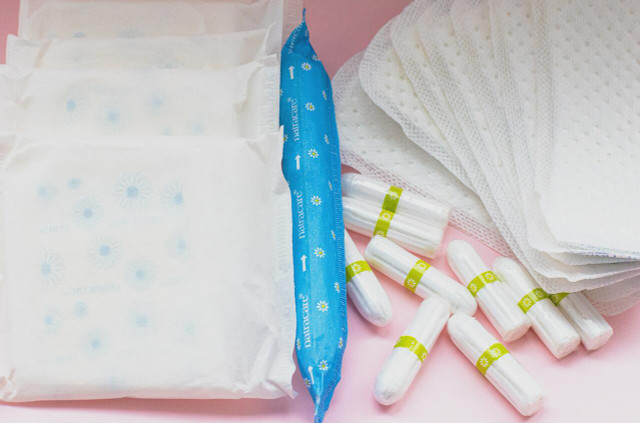
(Foto: (Photo: CC0 Public Domain / Unsplash / Natracare))
Period poverty arises from economic, cultural, social and political factors. However, many people are forced into period poverty simply because they can’t afford menstrual products.
Social restrictions and cultural beliefs can also cause period poverty and restrict access to education about periods. Suppose girls grow up not being taught about menstruation and live in a culture of public health misinformation. In that case, it can become a taboo whereby they isolate themselves because they don’t have access to sanitary products or the relevant education.
Lack of access to safe sanitation, water and facilities is another reason behind period poverty. This can negatively impact productivity and cause people to miss work or school while on their periods.
What Problems Does It Cause?
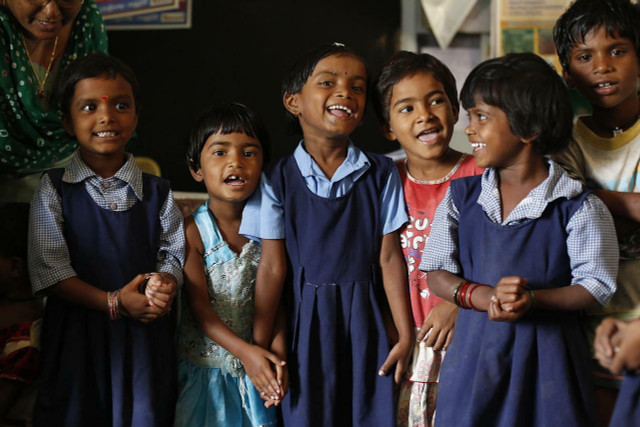


(Foto: CC0 / Pixabay / akshayapatra)
Period poverty leads to physical, mental and emotional challenges as those affected are shamed and stigmatised. In the U.S., many people who can’t afford menstrual products use rags, tissues and diapers.
These make-do products can be unhygienic and cause health problems like urinary infections or bacterial vaginosis. Using items that are not intended as menstrual products can also lead to embarrassment and isolation. One 2019 report found that girls affected by period poverty often have a negative experience at school, feeling distracted or missing classes because they feel unable to participate.
In India, roughly 113 million girls are at risk of dropping out of school due to period poverty and the stigma surrounding it. Meanwhile, in the U.S., 20 percent of girls report missing school because they can’t afford menstrual products.
Period poverty can also lead to violence, exploitation and other social injustices. For example, up to 10 percent of 15-year-old girls in rural Kenya report exchanging sex for menstrual products. These problems can have long-term emotional and psychological impacts, creating a cycle of taboo and shame.
Tip: 11 Educational YouTube Channels to Change Your Perspective
How to Fight Back
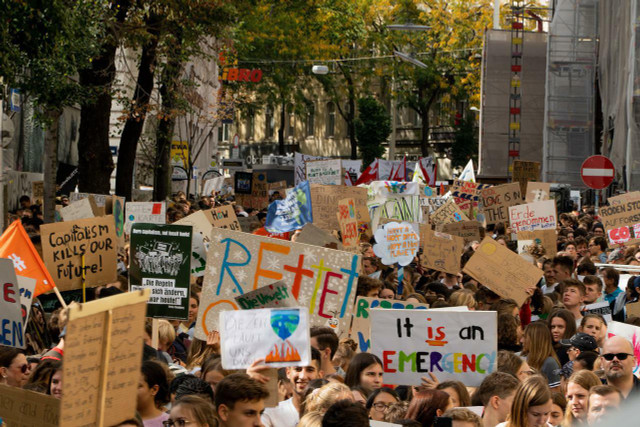


(Foto: CC0 / Pixabay / LeoSch)
The fight to change this issue is challenging, as period poverty is upheld by economic factors and deeply embedded cultural and social beliefs.
One way to combat it is to reduce the tax on menstrual products, making them more affordable. In 2019, tax on menstrual products in the U.S. ranged from 4.7% to 10%. That same year, however, Australia became the first country to remove the tampon tax for its residents.
Pushing governments to provide more education and information about periods and period poverty can go a long way toward breaking taboos. On an individual basis, you can support government officials who want to remove the tampon tax or make menstrual products free. Joining demonstrations and protests can also bring awareness to the issue and push for change.
Other ways to take action include donating menstrual products to charities that help low-income people, and buying from brands that support ending period poverty.
The issue of sustainability also arises when discussing period poverty, as many disposable and make-do menstrual products cause unnecessary waste. That waste is frequently plastic, which will stay in landfills for many lifetimes. Finding eco-friendly and sustainable solutions to period poverty is essential.
Read more:
- Period Panties: Choosing the Best Period Underwear
- 5 Tampon Alternatives That are MORE Sustainable
- The 7 Best Period Comfort Foods – And What to Avoid
Do you like this post?






